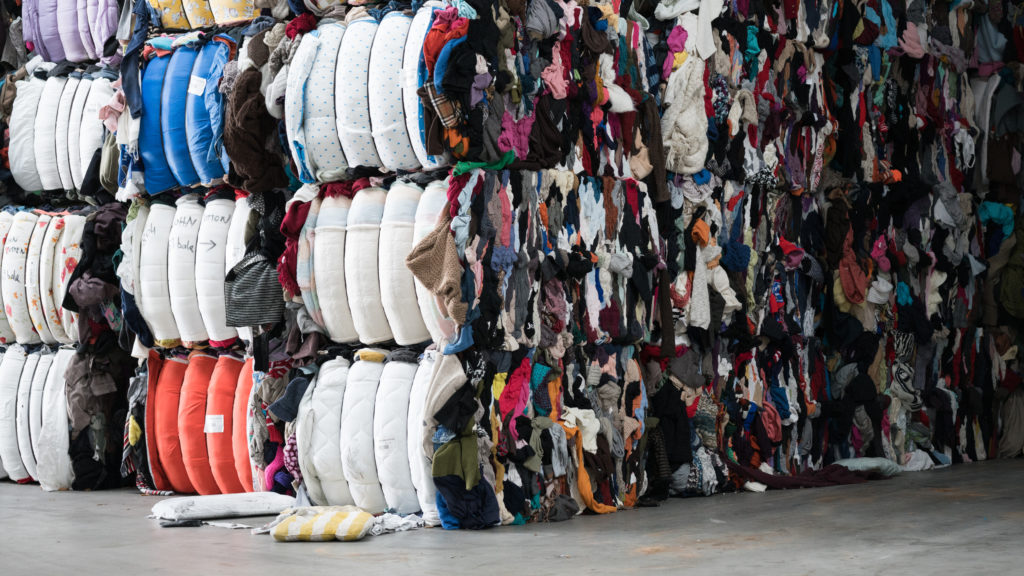It is an unenviable task to report on the second hand textile market in the UK at the moment. Although there has been an upturn in business in recent weeks, as is traditional at this time of year, many in the industry are operating either at very low profit margins or no profit margins at all.
– Alan Wheeler, Textile Recycling Association
We first of all had to contend with the African market failure. This was occasioned not only by the weakness of the US dollar but also the shortage of currency available in all markets.
The home market for recyclable textiles has been able to take most items although at a price that only covers freight cost. The uncut wiping cloth market is almost non-existent with only a few specialist grades needed. Even usually good grades such as white sheeting are not being collected from laundries.
Africa
As is expected at this time of year, orders from Africa and are currently up as people want to buy good quality second hand clothing from the UK. This is either because people want to buy the goods as presents or they simply want to wear clothes that are new to them over the festive season.
However it seems that most importers are refining grades so as to make sorting nearly impossible, as are the chances of price increases.
New Year
In the New Year, we expect the supply of second hand clothes from UK households to increase as people put out their old clothes, which have been replaced by new ones either over the festive season or during the January sales.
Although early indicators suggest that retail sales are struggling in the High Street for this time of year, which may well be reflected in the yield of second hand clothing supplies in the early part of 2005.
We can also expect a downturn in orders from our importing countries as businesses in these areas take their holidays during what is usually a quieter period. One can only hope that this period is not as disastrously quiet as it was last year, when the problems were exacerbated with the introduction of crippling trade practices in one part of Africa.
The effects of this spread very far and resulted in the quietest trading period running from January to September instead of the usual April to September. This undoubtedly was a major contributing factor in the closure of a number of textile reclamation operations in the UK earlier this year.
In order to reduce costs and avoid closure some sizeable UK operations have started to move part of their businesses to the Arab states where factories are inexpensive to rent and taxes on profits almost non-existent.
The whole industry is waiting with baited breath to see what will happen in the early part of next year.
The Textile Recycling Association website can be visited by clicking here.












Subscribe for free